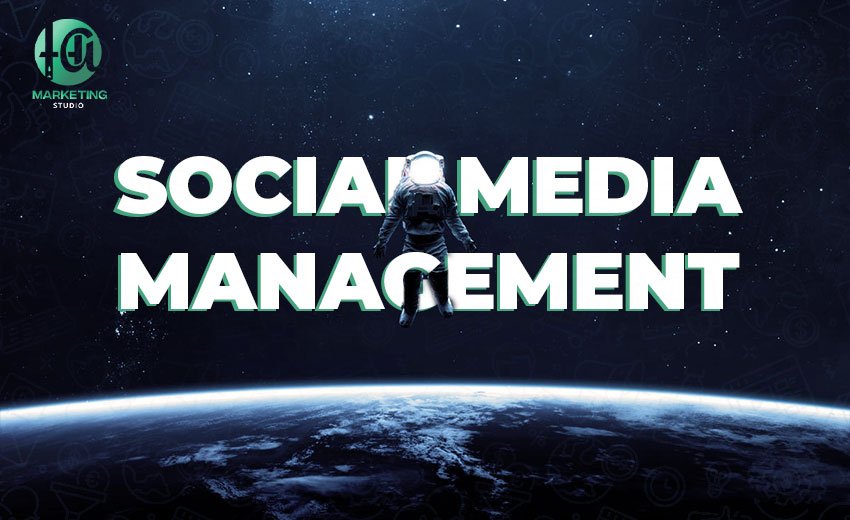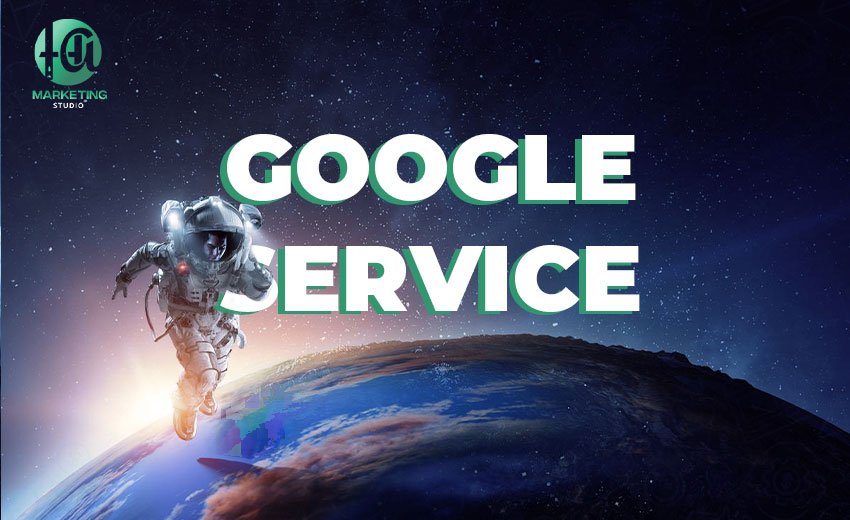-Before consultation:
-Set your goals:
Clearly define what you want to achieve through counseling. Are you aiming to increase awareness of your brand? Or improve your sales? Or develop a new marketing strategy?
-Gather information about the advisor:
Look for the consultant’s experience and reputation in marketing. Make sure he specializes in the field you need help with.
-Prepare your questions:
Prepare a list of questions you want to ask the advisor. Make sure your questions are specific and clear.
-During the consultation:
-Be a good listener:
Pay careful attention to the advisor’s advice and ask clarifying questions if necessary.
-Share your thoughts:
Feel free to share your thoughts and experiences with your advisor. This information may help him give you better advice.
-Take notes:
Record the key points the advisor makes so you can refer to them later.
-After consultation:
-Make a business plan:
Use the advice your advisor gives you to create an actionable business plan.
-Follow up with the advisor:
Contact your advisor periodically to ask questions and track your progress.
-Evaluate your results:
Monitor the performance of your marketing campaigns and make the necessary adjustments based on the results.
-Additional Tips:
-Be honest with your advisor:
Be honest about your needs and budget.
-Don’t expect magic solutions:
marketing is a long-term process that requires effort and perseverance.
-Be willing to learn:
Be open to learning new marketing techniques.
Monitor the performance of your marketing campaigns and make the necessary adjustments based on the results.
–Sites to benefit from free marketing consultations:
-HubSpot:
HubSpot offers a range of free tools and resources to help market your business.
-Google Digital Garage:
Google Digital Garage offers a range of free courses on digital marketing.
-SEMrush:
SEMrush offers free tools to analyze your SEO and PPC campaigns.
-Canva:
Canva offers free tools for creating professional marketing graphics.














